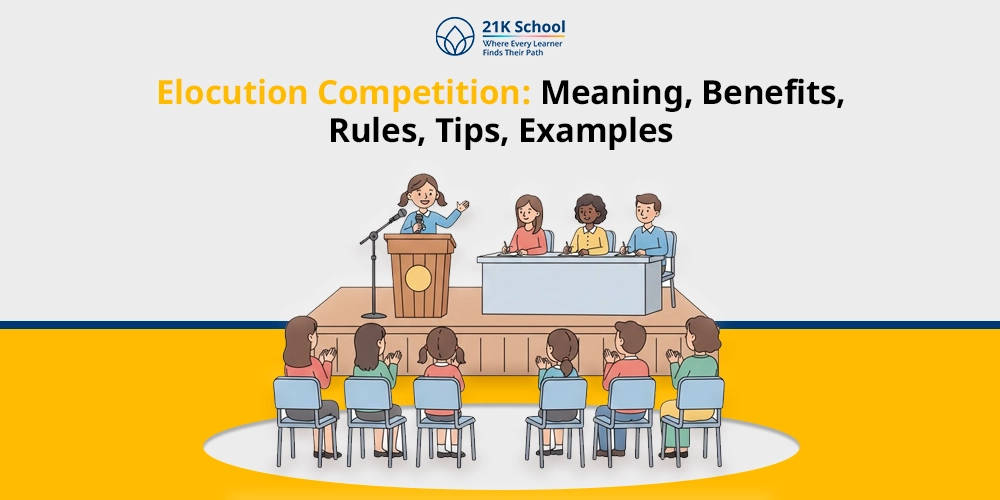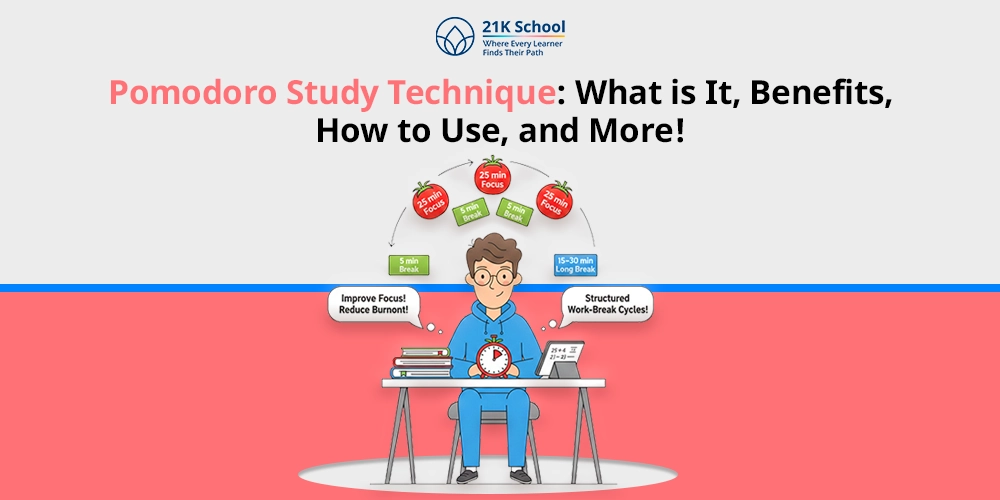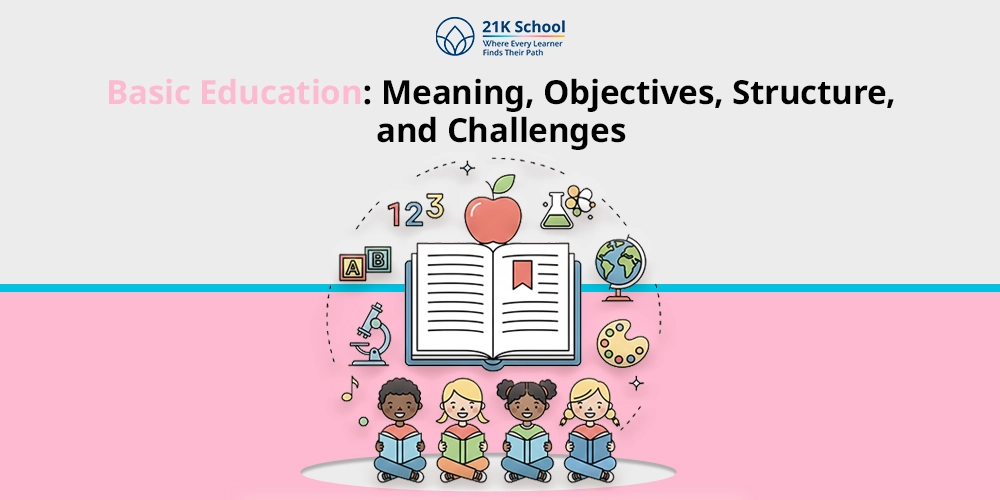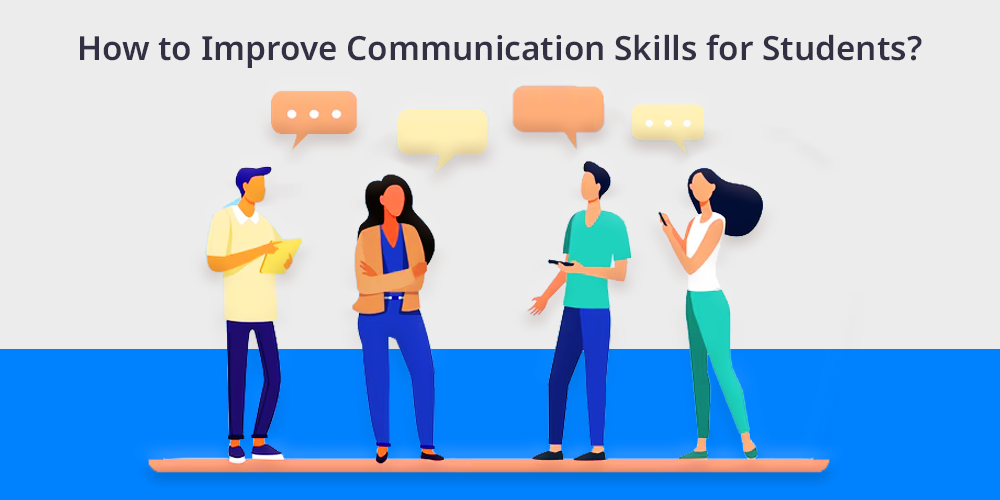
In the 21st century, businesses demand fundamental communication abilities from their workforce for organizational success. Schools used to focus on teaching math, science, and language arts. But now, it is evident that students need equal emphasis on successful verbal and non-verbal skills.
Major firms that work across nations prefer individuals with multi-linguistic capabilities. Thus, here are the benefits of learning a second language and foreign language as well.
Academic success forms only one part of how communication skills benefit people. These abilities strengthen emotional stability that improves personal connections while accelerating professional growth.
This essay discusses the importance of communication skills along with effective strategies that students can implement for language development.
Table of Contents
Importance of Developing Effective Communication Skills
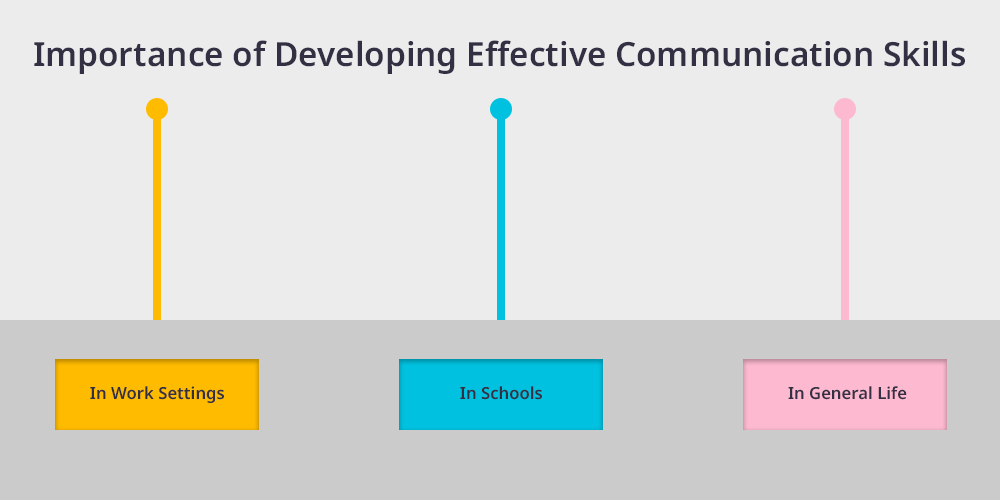
The importance of developing effective communication skills in work settings, schools, and general life are as follows:
1. In Work Settings
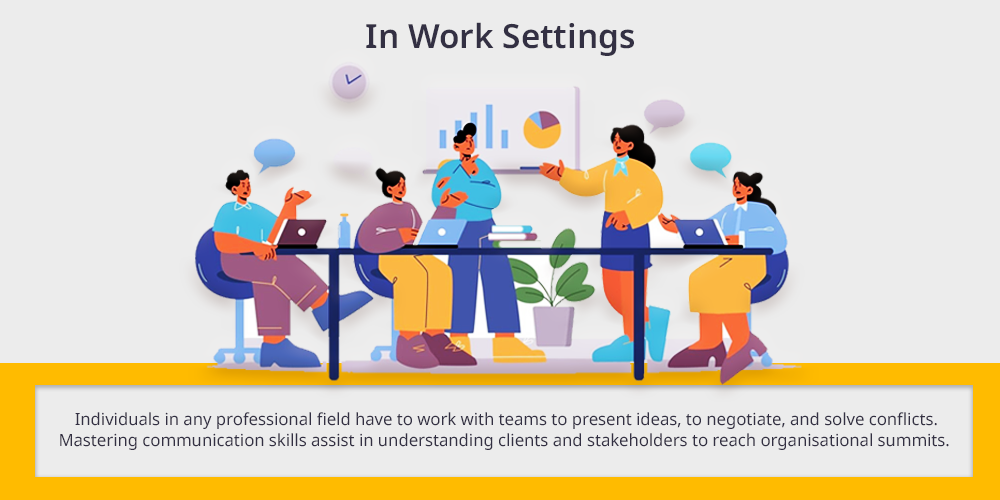
The base of every work sphere rests on communication. Articulation of thoughts coupled with proper listening forms the core difference between skilled professionals and others.
Individuals in any professional field have to work with teams to present ideas, to negotiate, and solve conflicts. Mastering communication skills assist in understanding clients and stakeholders to reach organisational summits.
For people who think coding is the only language to get hired in MNCs, go through Is programming the most important skill for job seekers?
A student’s ability to channelise effective communication makes the entire interview process more executable. Due to this, networking opportunities increase, landing them into the best future jobs in 21st century.
Businesses put greater importance on communication abilities than technical proficiency. This is simply because team-oriented people who articulate their ideas clearly lead to superior outcomes.
2. In Schools
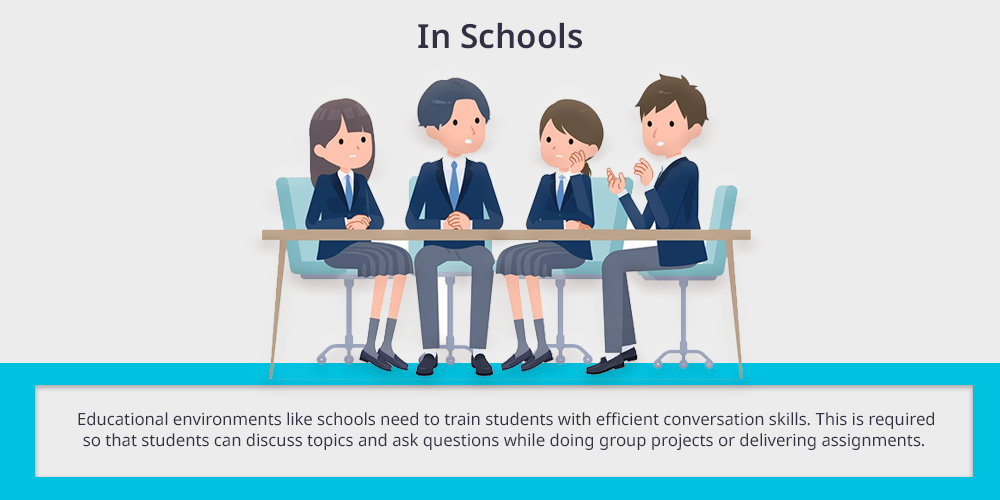
Educational environments like schools need to train students with efficient conversation skills. This is required so that students can discuss topics and ask questions while doing group projects homeschooling or delivering assignments.
Going beyond unclear communication helps learners feel more capable of attaining academic growth. Such students resolve confusion between themselves and deliver unique ideas to develop strong bonds with their educators and peers.
Furthermore, club presidents or student leaders who participate in extracurricular activities must demonstrate diplomacy and organizational abilities. Early development of communication abilities creates future opportunities to become a leader.
3. In General Life
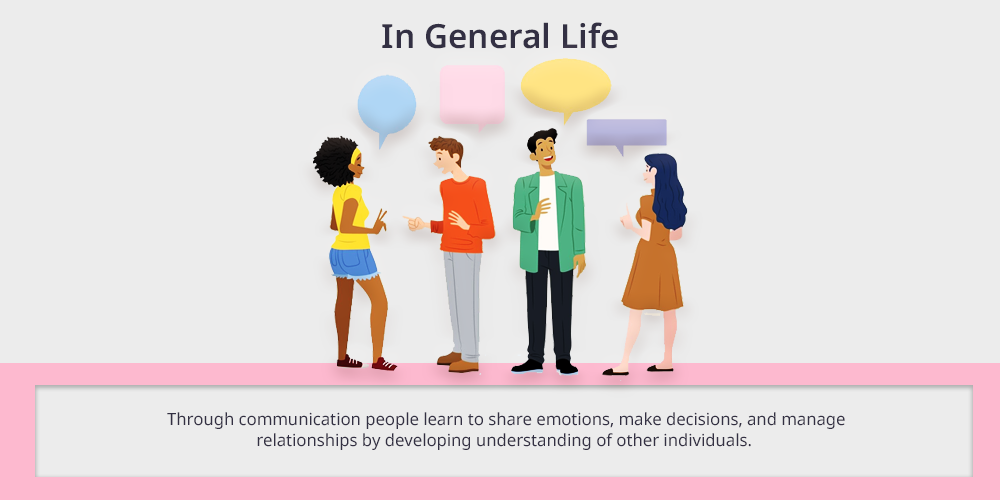
When it comes to daily routines, effective communication becomes a dominant aspect. Through communication people learn to share emotions, make decisions, and manage relationships by developing understanding of other individuals.
The communication breakdown which typically arises from poor communication brings conflicts and fails to seize valuable chances. Students gain higher self-esteem through effective communication when they experience being understood and heard.
How to Improve Communication Skills in Students?
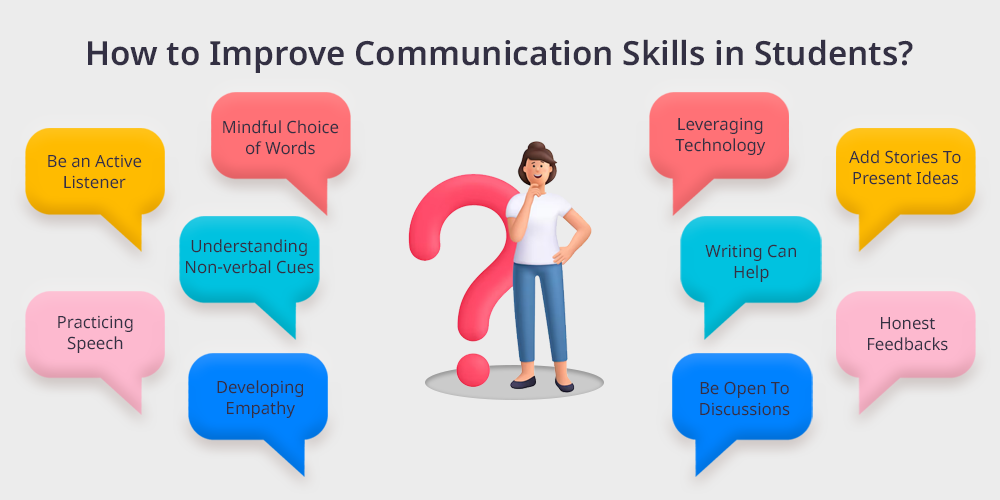
It is easy to improve communication skills in students by mindful choice of words, becoming an active listener, understanding the non-verbal cues, and others as follows:
1. Mindful Choice of Words
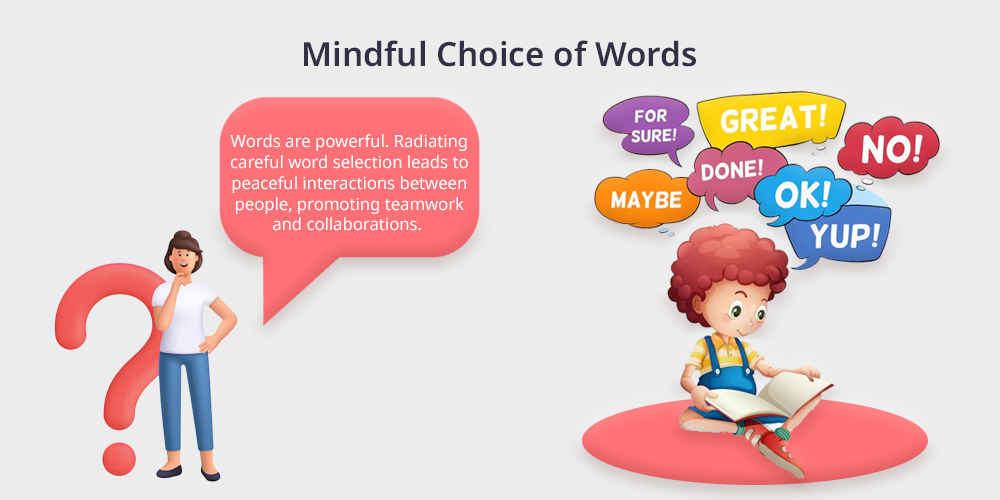
Words are powerful. Radiating careful word selection leads to peaceful interactions between people, promoting teamwork and collaborations.
Teachers should instruct students to pause their speech and assess the possible consequences of their words on others. Clear and empathetic communication emerges when students avoid excessive robotic cautiousness.
The development of vocabulary serves as an important factor. The quantity of words a student learns enables them to express their ideas with greater accuracy.
Three simple activities for vocabulary development consist of reading books, utilizing a dictionary, or maintaining a word journal.
2. Be an Active Listener
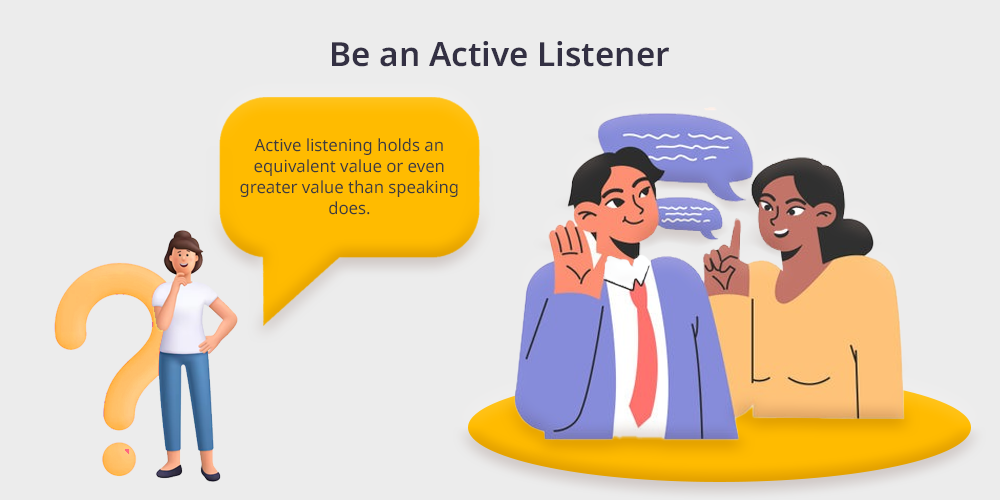
Active listening holds an equivalent value or even greater value than speaking does. Students should listen fully to speakers after suppressing interruptions and observing their body language and then offer considered replies.
A useful method for improving listening involves students to repeat the statements of others before making their own responses. This approach demonstrates respect as it promotes more comprehensive understanding between people.
Listening attentively enables individuals to become superior team members during group assignments. Active listening between team members creates cooperation that prevents conflicts and strengthens the overall team spirit.
3. Understanding Non-verbal Cues
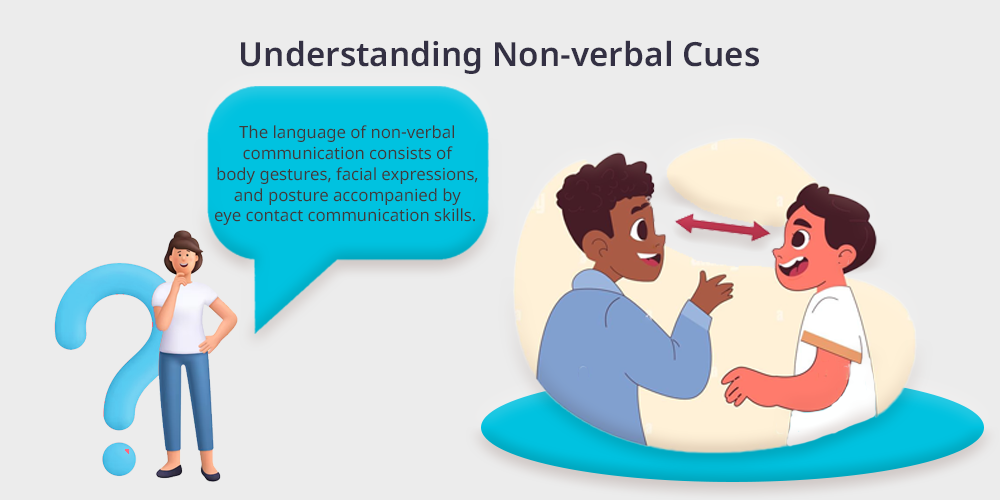
The language of non-verbal communication consists of body gestures, facial expressions, and posture accompanied by eye contact communication skills. The communication beyond spoken words delivers more significant messages than words.
Helping students comprehend non-verbal indicators enables them to identify what others really think and feel. For reference, crossed arms indicate a feeling of unease and steady eye contact demonstrates a person’s confidence.
Students should develop this skill by watching and analyzing body language as it appears in real-life scenarios and videos. The capability to recognize their own non-verbal signals gives them the power to transmit optimistic and confident expressions to others.
4. Practicing Speech
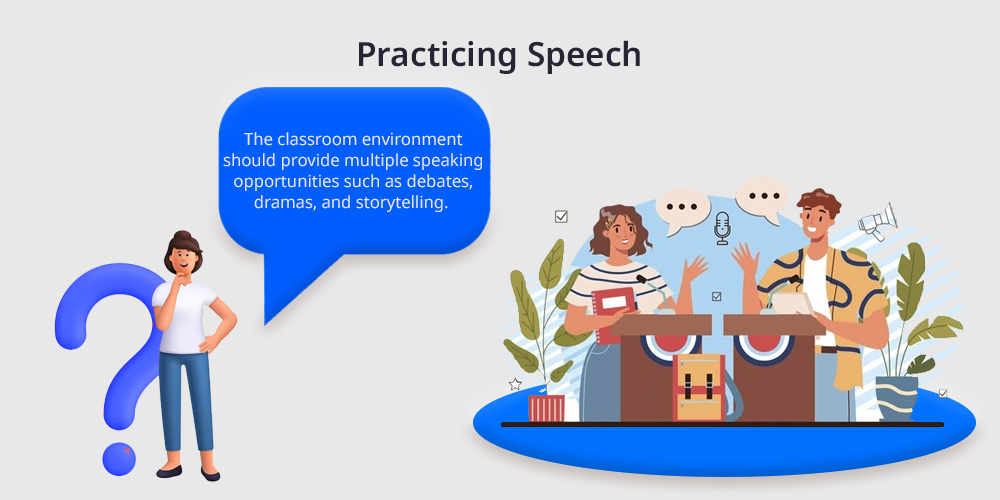
The main requirement for achieving confidence is through the habit of practicing speech. The classroom environment should provide multiple speaking opportunities such as debates, dramas, and storytelling.
Here are some other ways on how to build confidence in children?
Morning school assemblies can be used as a great platform for students’ development. Students become progressively more comfortable when they carry out frequent practice of presenting themselves and their views.
Parents together with educators should motivate students to practice their speeches before the final appearance. Using recording equipment or joining clubs like Toastmasters and school drama activities are highly recommended for the same.
Regular practice allows people to control their fear in public performances and it also improves their speech presentation quality.
5. Developing Empathy
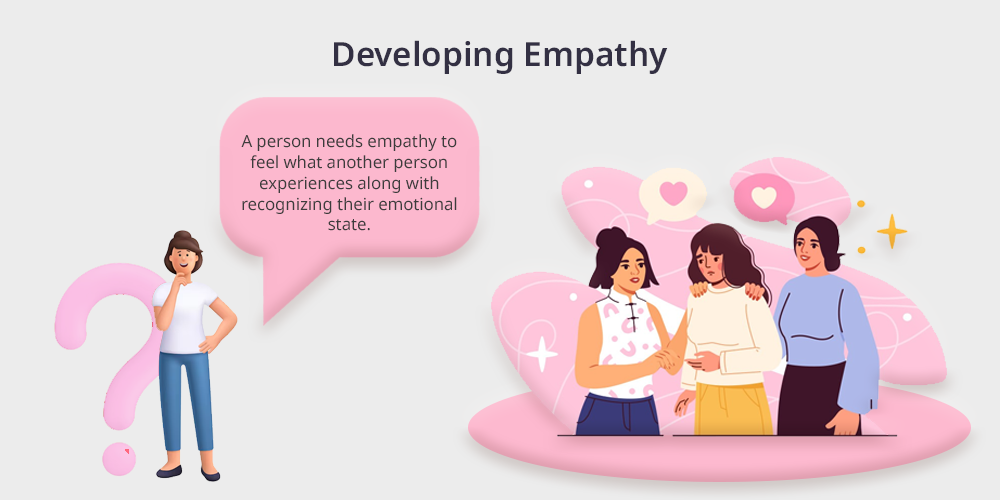
A person needs empathy to feel what another person experiences along with recognizing their emotional state. Appropriate communication develops between people who genuinely support each other.
Students who exhibit empathy make better efforts for hearing while not passing judgment. They respond with heightened sensitivity toward different perspectives.
Students can learn empathy through performance activities, reflective tasks, and social issue discussions. The way students communicate improves through this method together with an increase in their emotional intelligence capabilities.
Read more on how to develop empathy in a child?
6. Leveraging Technology
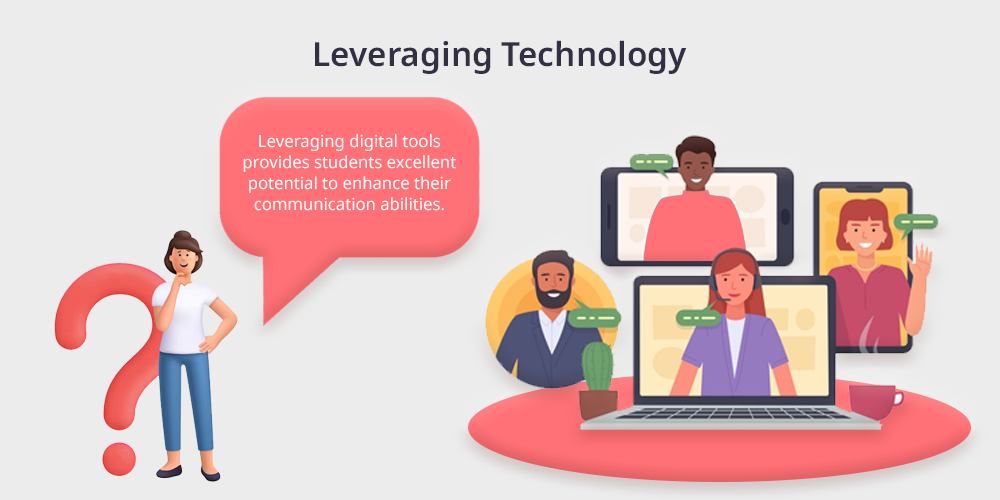
Leveraging digital tools provides students excellent potential to enhance their communication abilities. Students can express their ideas through recorded podcasts and take part in online forums for discussions.
Through video conference tools students gain experience in online presentation. This develops the impact of virtual learning capabilities essential for today’s world.
Communication skills develop better through instant feedback provided by educational tools such as Grammarly.
7. Add Stories To Present Ideas
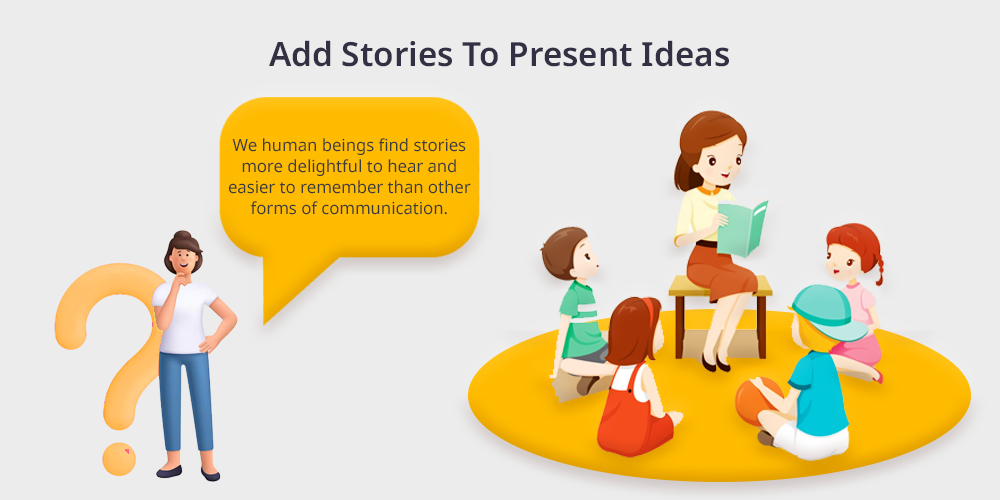
We human beings find stories more delightful to hear and easier to remember than other forms of communication. The use of anecdotes or analogies within presentations and essays makes difficult concepts more understandable to readers.
Students need instruction to develop point composition by first stating problems then discussing solutions and concluding with lessons learned. The practice of storytelling manifests itself through writing short stories, educational presentations and studying TED Talks.
8. Writing Can Help
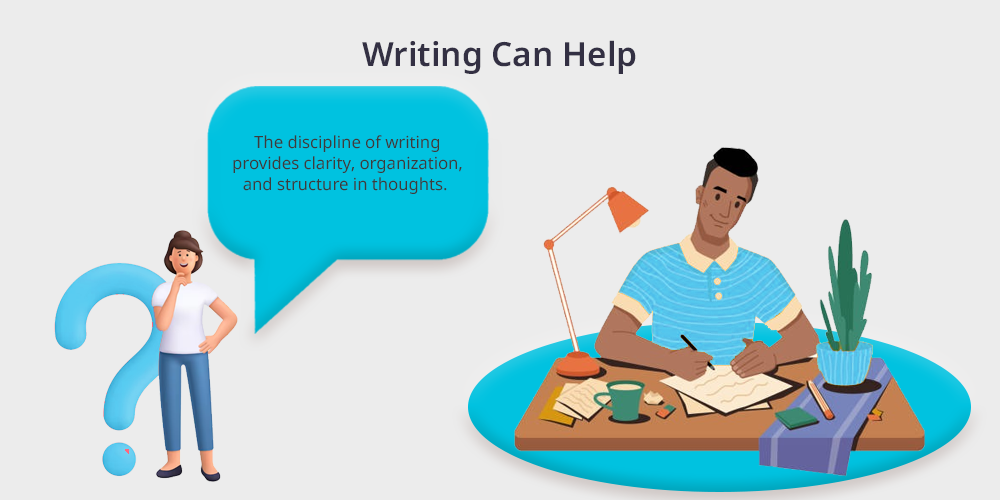
Writing refines thinking. The discipline of writing provides clarity, organization, and structure in thoughts which directly enhances verbal expression abilities.
Regular writing exercises that include emails and journal entries produce enhanced communication abilities in students. The process teaches them to explain complex ideas representing logical arrangement of ideas.
Educators should facilitate mutual review of their students’ work so they can observe their classmates’ strengths. This helps them in finding ways to strengthen their own writing abilities.
There are children who hesitate to write because they think they are not good at it. Utilize these handwriting tips to improve your writing style right now.
9. Honest Feedbacks
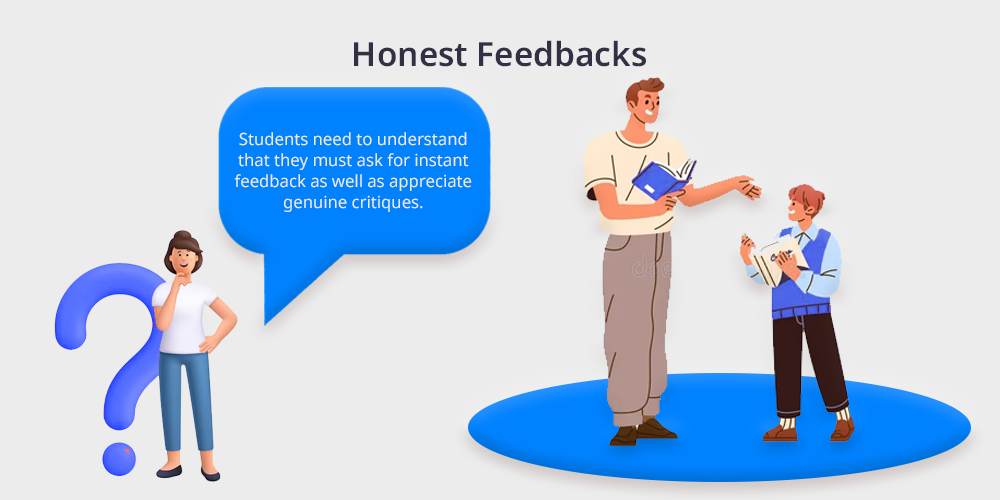
Feedback is essential for improvement. Through well-intentioned criticism students can identify development opportunities that help them understand themselves better.
Students need to understand that they must ask for formative assessment tool feedback as well as appreciate genuine critiques. Peer evaluation sessions, teacher feedback, and student self-assessment sessions generate useful results.
Students need a supportive environment for receiving constructive feedback. This means that name calling and embarrassment episodes should be absent during this process.
10. Be Open To Discussions
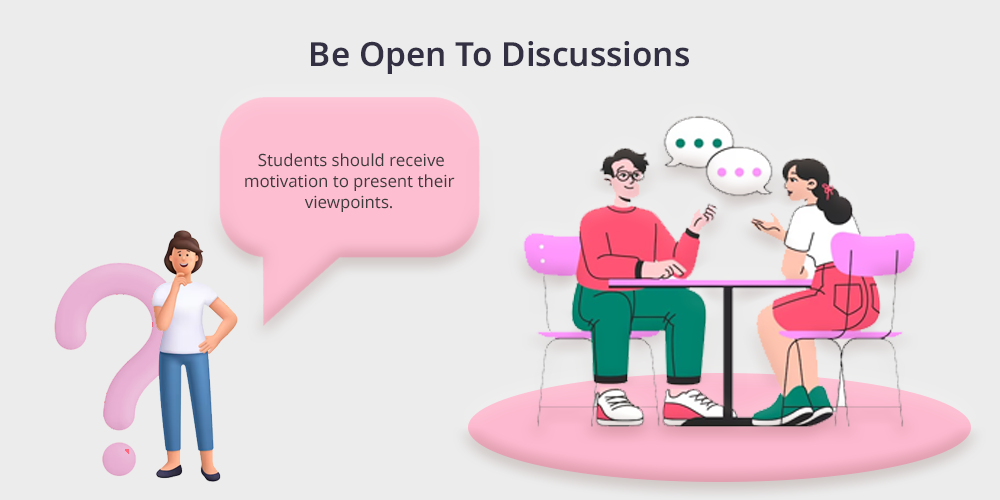
Open dialogue sharing or discussions promote respectful communication that leads to the success of conversation. Students should receive motivation to present their viewpoints.
Seeking clarification from others in a manner that upholds respect toward all perspectives would support the process immensely. Students can achieve critical thinking skills alongside confidence development through building tolerance through this practice.
The learning approach which combines Socratic questioning and round-table conversations helps students to encounter various viewpoints through positive learning environments. Growth along with humility develops as a result of this habit.
Final Takeaways
Ideas need communication as their essential pathway toward becoming action. Learning communication skills creates a long-term value that benefits students throughout their education period and beyond.
Such practice leads students to excel academically and develop strong friendships. This consecutively results in boosting self-confidence and preparing them to lead in future life achievements.
The continuous enhancement of effective communication occurs when students adopt mindful strategies like active listening, storytelling, empathy, and writing techniques. Through personal growth they transform into individuals who are capable of connecting and directing people in a diverse world.
You can begin your communication training at any age. Then why not now? Students who receive proper guidance together with support and relevant chances can develop themselves into impactful communicators.

